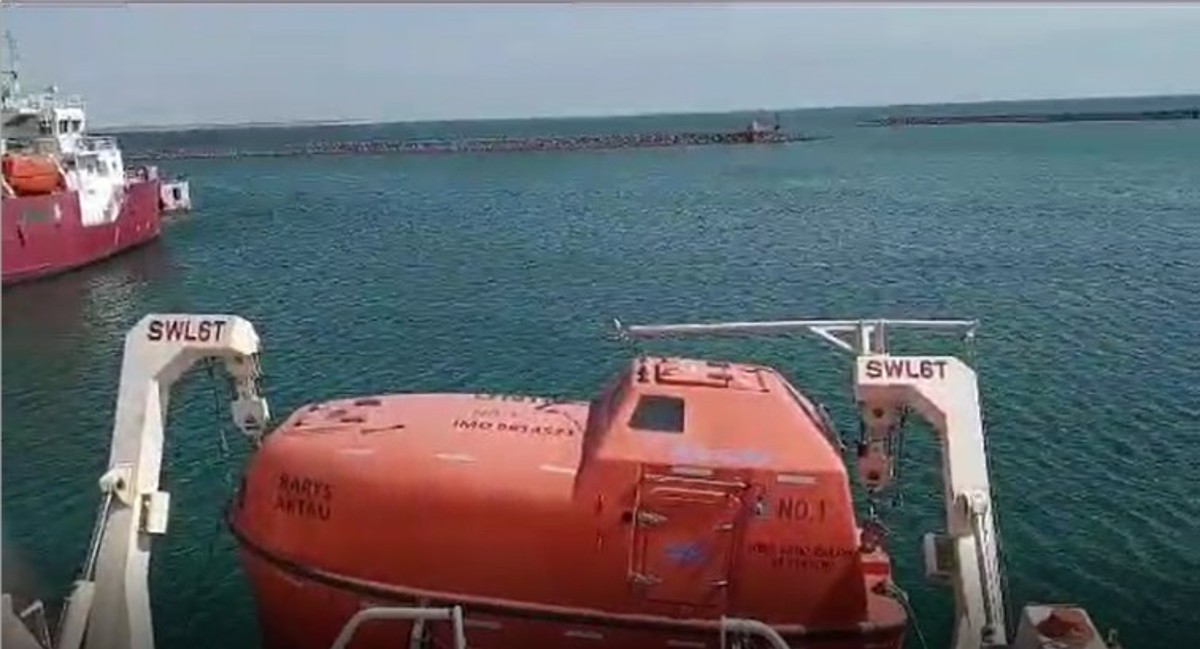Davit failures
- Safety Flash
- Published on 4 September 2019
- Generated on 28 February 2026
- IMCA SF 21/19
- 1 minute read
Jump to:
A member reports two recent issues relating to the davits of small boats
What happened?
- During routine inspection of the rescue boat equipment and davit swing, it was noted that the davit would not swing out. This was due to a malfunctioning hydraulic pump not building up pressure.
- During a weekly technical inspection of lifeboats and davits, a delay in response of the aft davit was noticed whilst swinging in the starboard lifeboat to the stowed position. After a few unsuccessful attempts, the hydraulic accumulator valve of the forward davit was changed over to ‘evacuation mode’ in order to direct hydraulic oil to the hydraulic cylinder of the aft davit only. After that, the aft and forward davits came back to the stowed position at the same time.

What went wrong?
- In both cases equipment failure.
- The faults were observed in routine planned inspections of the equipment, which emphasises the importance of conducting inspections and planned maintenance.
Featured Safety Flashes
-
IMCA SF 16/19
5 July 2019
-
-
IMCA SF 10/17
12 May 2017
-
-
IMCA SF 12/12
14 November 2012
-
IMCA SF 10/11
16 September 2011
-
IMCA SF 10/09
10 July 2009
IMCA Safety Flashes summarise key safety matters and incidents, allowing lessons to be more easily learnt for the benefit of the entire offshore industry.
The effectiveness of the IMCA Safety Flash system depends on the industry sharing information and so avoiding repeat incidents. Incidents are classified according to IOGP's Life Saving Rules.
All information is anonymised or sanitised, as appropriate, and warnings for graphic content included where possible.
IMCA makes every effort to ensure both the accuracy and reliability of the information shared, but is not be liable for any guidance and/or recommendation and/or statement herein contained.
The information contained in this document does not fulfil or replace any individual's or Member's legal, regulatory or other duties or obligations in respect of their operations. Individuals and Members remain solely responsible for the safe, lawful and proper conduct of their operations.
Share your safety incidents with IMCA online. Sign-up to receive Safety Flashes straight to your email.